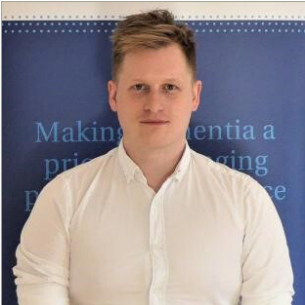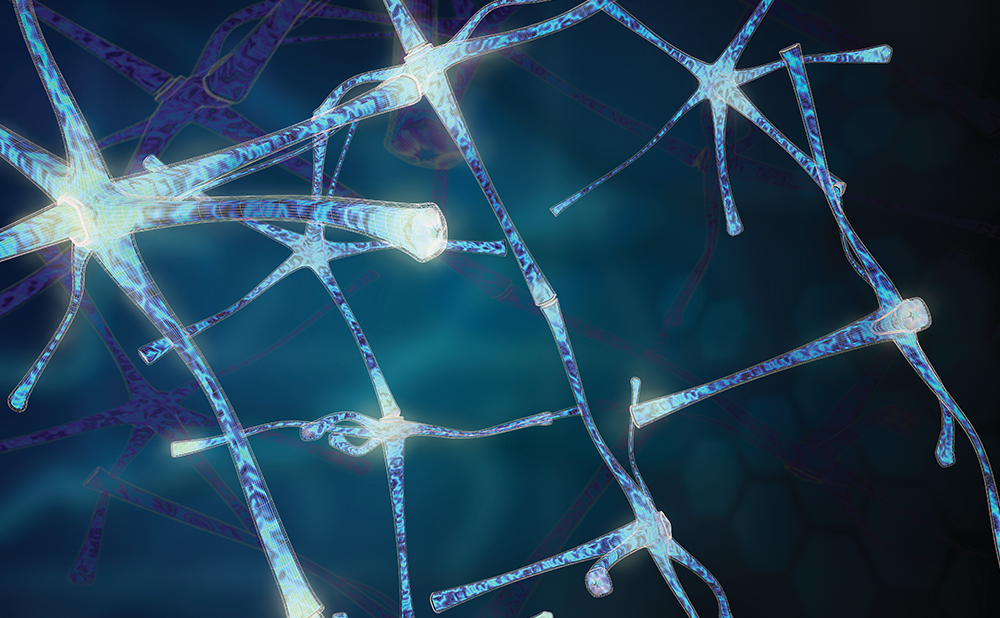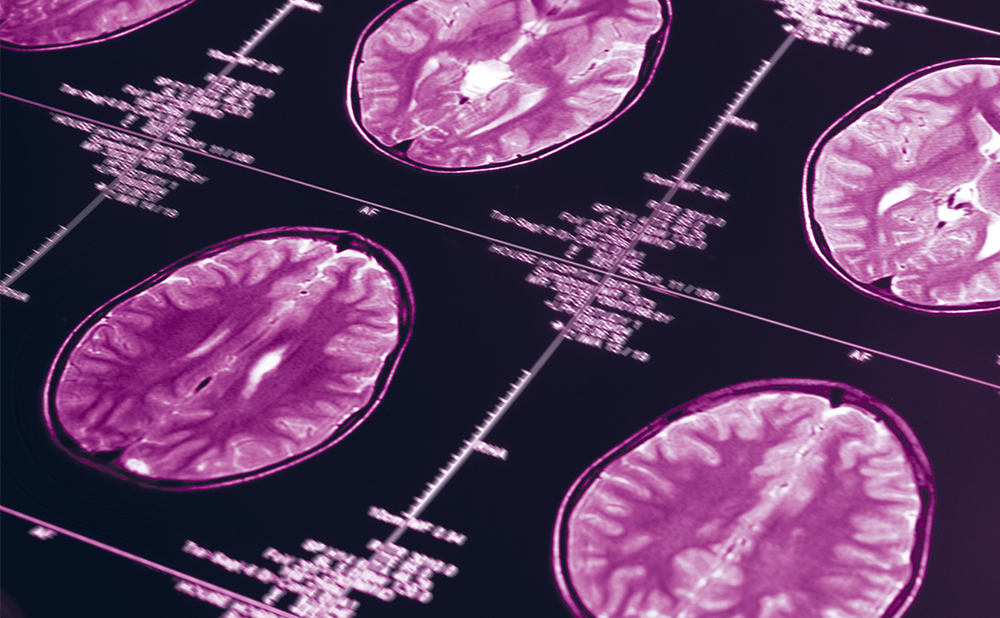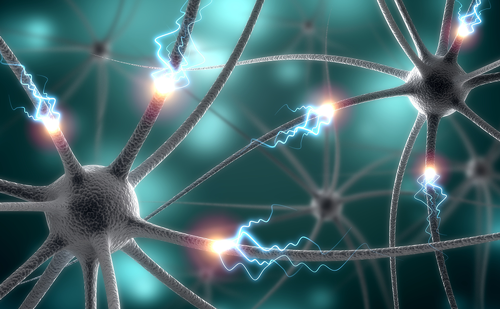Neurological diseases cause great distress to European citizens and difficulties in obtaining accurate diagnoses, accessing medication (this is very variable across Europe), being referred to multidisciplinary teams, receiving continuous care and being able to participate in the management of the illness are all major challenges to the families living with neurological disease.
Neurological diseases cause great distress to European citizens and difficulties in obtaining accurate diagnoses, accessing medication (this is very variable across Europe), being referred to multidisciplinary teams, receiving continuous care and being able to participate in the management of the illness are all major challenges to the families living with neurological disease.
Central nervous system (CNS) disorders represent a major public health problem and are a considerable social and economic burden in Europe. 127 million individuals – 27% of the population – are affected by at least one brain disease across Europe. The cost of brain disease in Europe amounts to €386 billion, or €829 per inhabitant. The European Brain Council calculated that brain diseases account for 23% of years lost due to premature death, 50% of years lost to disability, 35% of all disability-adjusted life-years and 35% of the cost of all diseases in Europe. These impressive figures reflect the debilitating and chronic nature of brain diseases in a context in which treatment solutions in CNS are still limited and are often more palliative than curative. There is a stringent need for new therapies that would not only improve the quality of life of these chronic patients, but also be curative and ensure that these patients are able to contribute to the economic wellbeing of European nations for longer.
A major impediment in European healthcare systems is the time that it takes for patients to get access to innovative treatments for seriously debilitating and life-threatening illnesses. This has been shown to be the case for cancer in a recent report by the Swedish Karolinska Institute. Patient access to the latest innovations requires many years and varies widely across European countries due to gaps in research, but also due to lags in time to approval, time to reimbursement and time to clinical implementation. The root causes of these delays are manifold.
Accessing treatment is a major challenge in Europe and requires all of those in the field to work together in partnership, sharing ideas and respect for one another. The current issue of European Neurological Disease summarises the recent achievements across the neurological arena and we hope that you find it both useful and informative. ■














